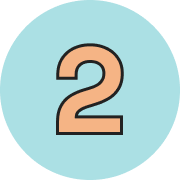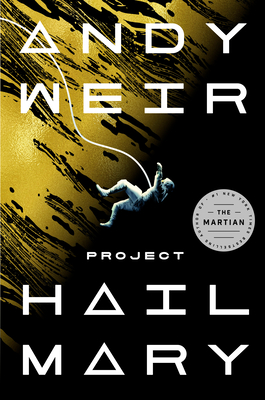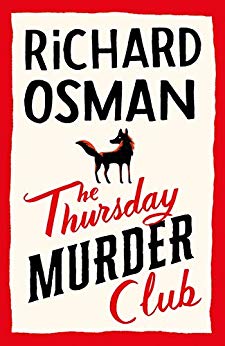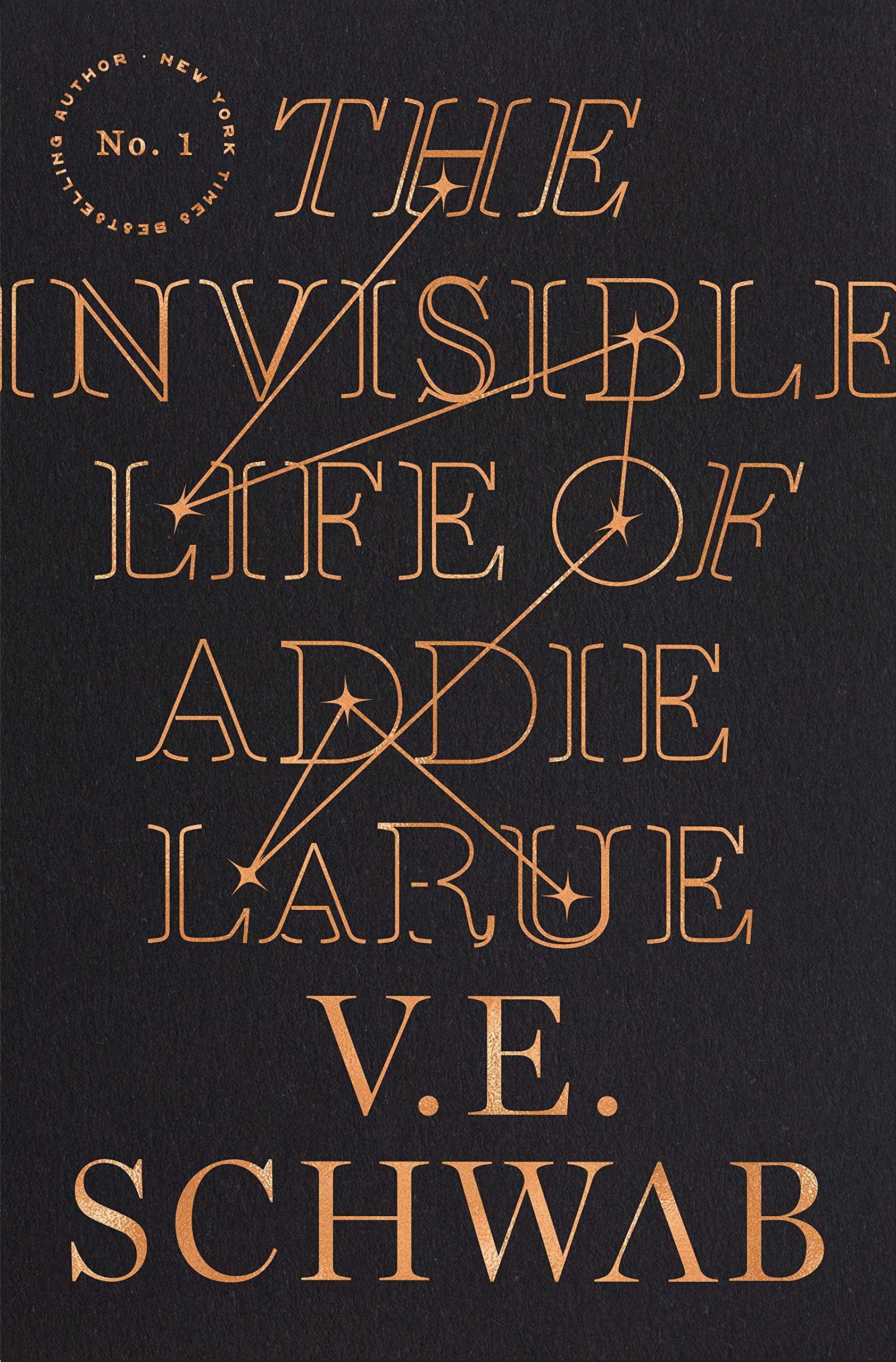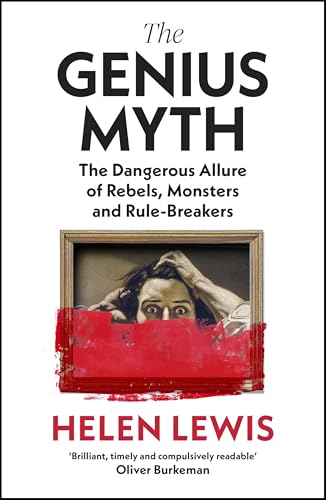aless_sparkles made progress on...
aless_sparkles TBR'd a book

What We Can Know
Ian McEwan
aless_sparkles TBR'd a book
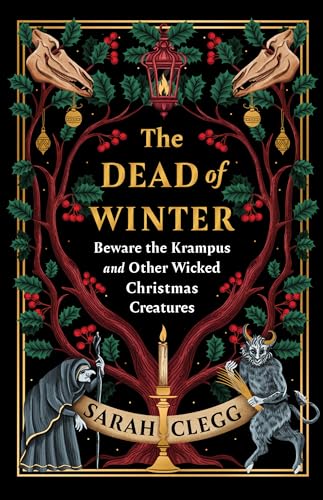
The Dead of Winter: Beware the Krampus and Other Wicked Christmas Creatures
Sarah Clegg
aless_sparkles started reading...

Afterglow: Climate Fiction for Future Ancestors
Grist Grist
aless_sparkles finished reading and left a rating...
aless_sparkles is interested in reading...
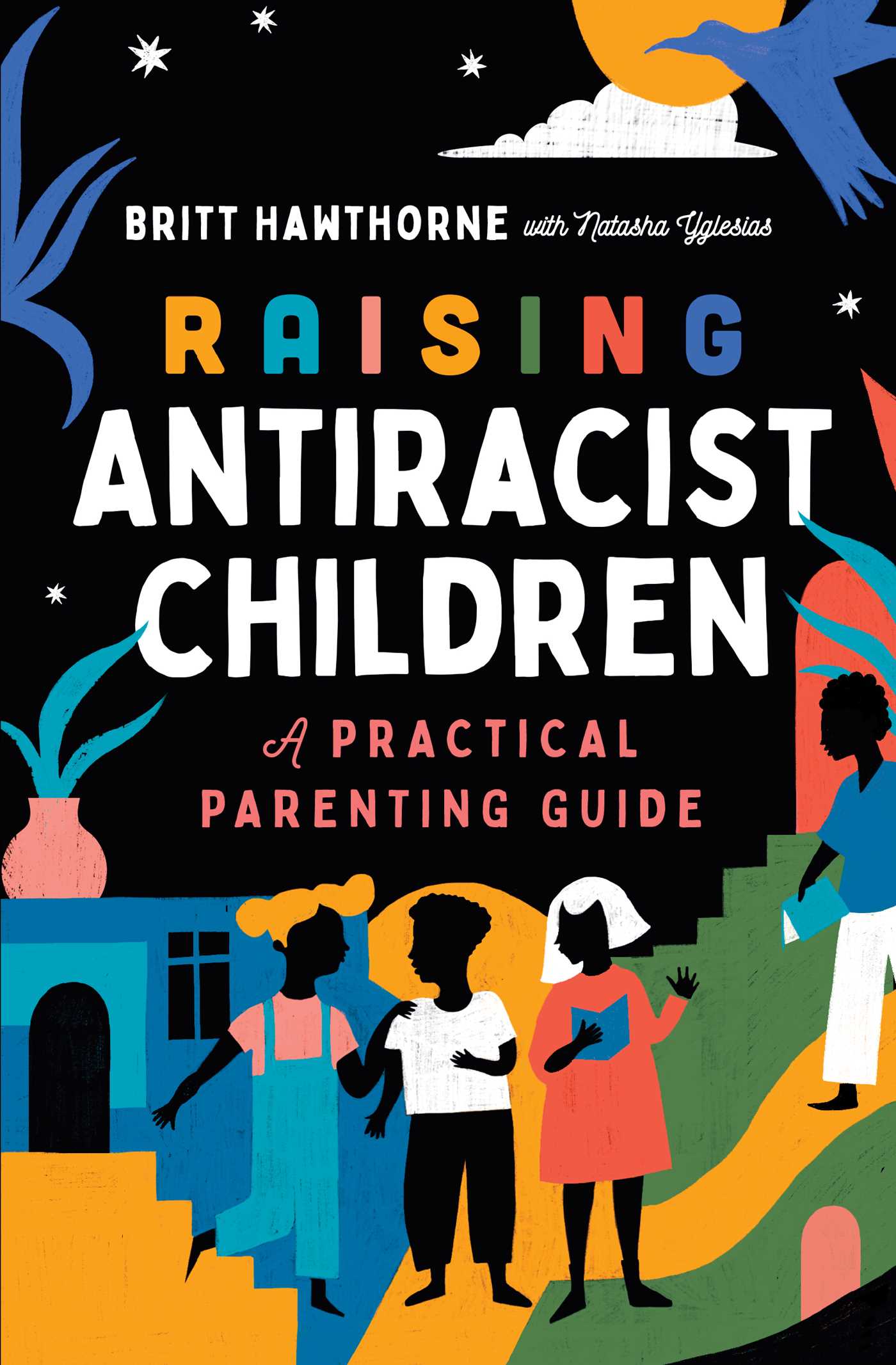
Raising Antiracist Children: A Practical Parenting Guide
Britt Hawthorne
aless_sparkles is interested in reading...

Tiny Experiments: How to Live Freely in a Goal-Obsessed World
Anne-Laure Le Cunff
Post from the Bury Our Bones in the Midnight Soil forum
aless_sparkles is interested in reading...

Devotions: The Selected Poems of Mary Oliver
Mary Oliver
aless_sparkles commented on stephaniek's review of Devotions: The Selected Poems of Mary Oliver
This poetry collection felt like staying at a remote cabin in the woods surrounded by wildlife and no internet. If that experience sounds dreamy to you, you'll probably love this book.
I loved parts of it, but just like a long retreat in the wilderness, I was eager for it to be over by the end.
To be fully honest, my favorite part was seeing the book on season 19 of Taskmaster, episode 3, soon after I started reading it. Mathew Baynton described the book as uplifting and cited the poem "When Death Comes" as an example, making me laugh. I was so gratified to catch the reference, it was worth the whole book 😊
aless_sparkles commented on dineke's review of The Analog Sea Review: Number Four
I found this collection at our local bookstore, just sitting shyly in the corner—no flashy reviews on the cover, no content summaries. There was a B&W postcard tucked in showcasing a hut near a lake in the mountains and a message starting with “Dear reader, So you managed to find us amid all the flickering and noise…”.
Analog Sea has exactly one webpage with exactly 4 sentences on it—there is no way to contact them apart from physical letters and the spiritual connection you achieve by reading their compilation of thoughts. I don’t take the people who scream on every corner about going offline seriously, but these guys got as analog as possible in a meaningful way.
Volume 4 proposes a discussion of what it takes to remain human in the digitalised world—including the resulting feelings of disconnect with the society, misinformation, capitalistic treatment of art, the role of writers, journalism, and influences on entertainment and how to find peace and quiet in the loud world that constantly demands our attention.
Despite being familiar with the included authors, I’ve never even heard of these pieces of their writing and enjoyed every one of them. There were some thoughts and arguments with which I may not agree, but even these are presented eloquently and propose valuable points of view. I took a habit of reading this during breakfast, and it made my little grey cells tingle with joy.
aless_sparkles is interested in reading...
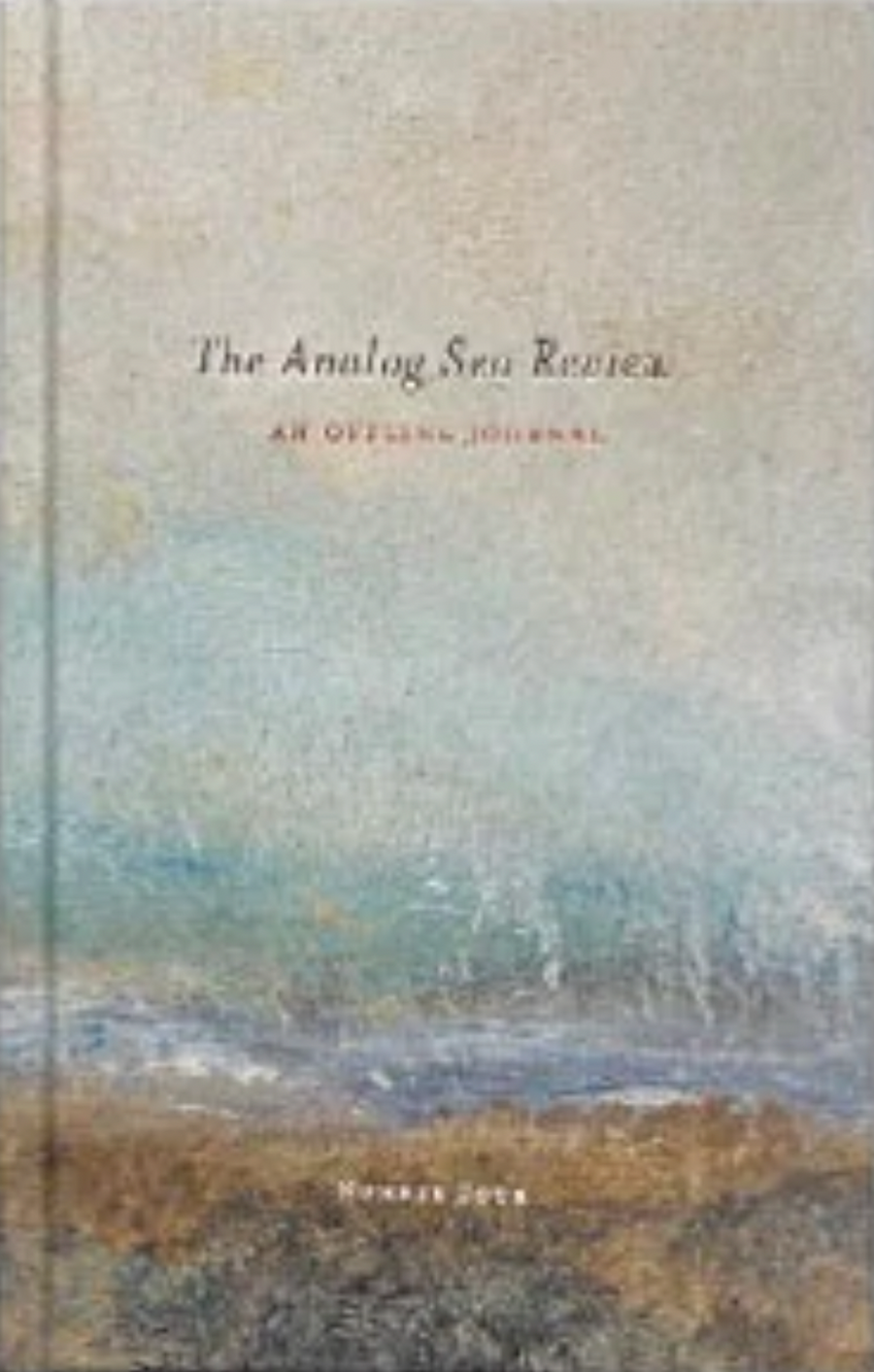
The Analog Sea Review: Number Four
Jonathan Simons
aless_sparkles commented on Jacsxx's update
Jacsxx started reading...

A Prayer for the Crown-Shy (Monk & Robot, #2)
Becky Chambers
aless_sparkles commented on a post
honestly, i tried really hard to LOVE this book. but you cannot tell me that that’s how it ends! that personally just did not resonate with me at all
aless_sparkles commented on dineke's update
dineke is interested in reading...

Arsène Lupin, Gentleman-Thief (Arsène Lupin, #1)
Maurice Leblanc
aless_sparkles is interested in reading...

Arsène Lupin, Gentleman-Thief (Arsène Lupin, #1)
Maurice Leblanc
aless_sparkles commented on a post
The more I learn about Tolstoy, the more he appears less a talented intellectual and more like a delusional self-obsessed hypocrite. I wish they told us this at the Russian classics classes.
- He never followed whatever he preached. A comparison of his vision of his marriage as described in Anna Katerina through Levin versus his wife Sofia’s diaries is a very clear example. Plus:
He was now a profit, preaching the renunciation of property – although he continued to leave on the family’s aristocratic estate – and sexual abstinence. The arrival of little Vanechka had shown that principle to be hollow. 
- He groomed his friend’s daughter and married her once she just turned 18. And later switched to grooming her younger sister. 🤮
Sofia had known Tolstoy all her life. Her mother was one of his childhood friends, and the writer loved her family, the Behrs.
- He didn’t finish the uni cos he was hospitalised after catching gonorrhoea from a prostitute. 😐 And by the time he decided to marry Sofia, he:
…visited dozens of brothels and fathered a child with one of the peasants on his estate.
- He was a notoriously shitty husband.
When Sofia struggled to breastfeed their first child, he wrote a five-act play called The Infected Family arguing that the women who used wet nurses were unnatural.
- He plagiarised his wife’s work without ever crediting her input, even though she actually helped him with proofreading and writing (even when sick).
At sixteen, Sofia had written a novella called Natasha, which she gave Tolstoy to read (before burning it along with herother supposedly youthful fripperies). She regretted the destruction later, because it removed the proof for her claim that Tolstoy borrowed her heroine‘s name and experiences for Natasha Rostova in War and Peace.
- He kept Sofia pregnant most her life refusing contraception - she was pregnant 16 times. 😵 While she was pregnant, he took her younger sister to balls. 🙄 For Sofia, this also meant she never got to have any time for herself:
‘I was wondering today why there were no woman writers, artists or composers of genius,’ wrote Sofia in 1898, when she was in her fifties. ‘It’s because all the passion of an energetic woman is consumed by her family, love, her husband – and especially her children. When she has finished bearing and educating her children, her artistic needs awaken, but by then it’s too late.’
Basically, he married a young girl just to brainwash her into thinking that this crazy unpaid labor is her wifely duty and her life’s purpose is to sacrifice own needs to feed his genius. 🙁 Not the first or last couple like this in history, but few such assholes have been worshipped like gods by the whole country (and all similarly self-aggrandising fans around the world).

